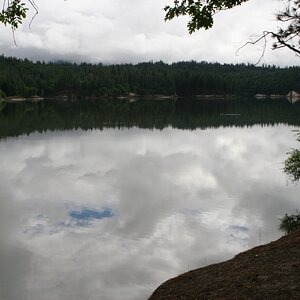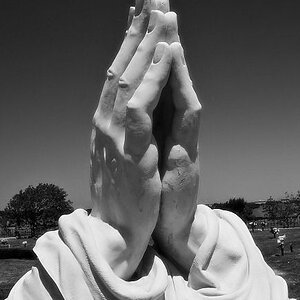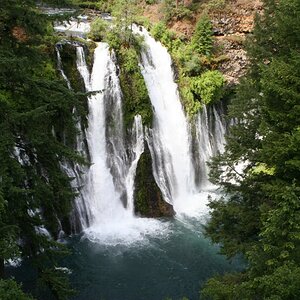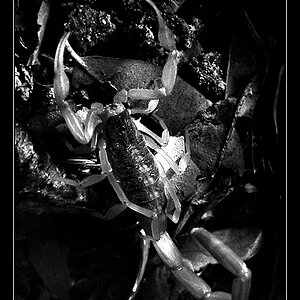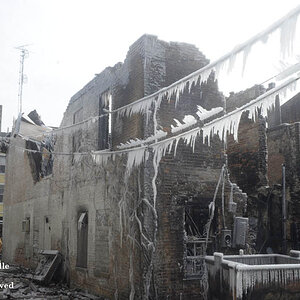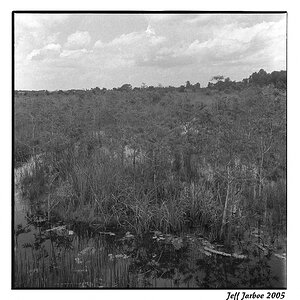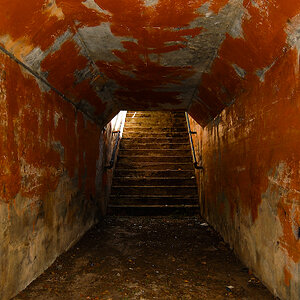Write Lighting
TPF Noob!
- Joined
- Nov 24, 2014
- Messages
- 18
- Reaction score
- 4
- Location
- Akron, PA
- Can others edit my Photos
- Photos NOT OK to edit
So I recently read an article by a street photographer named Marius Vieth titled "When will street photography grow up?". It's an interesting read about what makes street photography, street photography. To sum it up, Marius thinks that pigeonholing street photography into only using a subset of rules and conditions which were used by some of the photographic greats to create their art is too creatively stifling. He mentions how people get stuck on abiding by certain principles, like never using a long zoom or heavy-handed photoshop, which he thinks takes away from the possibilities that street photography has to be "anything it wants to be".
I'm not much of a street shooter myself, but I'm curious as to what you guys think about this. Does street photography have to abide by certain principles and rulesets otherwise it won't be "real" street photography? I've heard so many differing opinions and guidelines in the past. For example, you can't shoot with a DSLR in the streets, only use wide angle lenses, keep your photos candid or else they become "street portraits", cloning out objects and manipulating the scene destroys the integrity of the photo and so on. I'm not saying I necessarily agree or disagree with those statements, just that these are things I've heard passed down the grapevine.
I'm not much of a street shooter myself, but I'm curious as to what you guys think about this. Does street photography have to abide by certain principles and rulesets otherwise it won't be "real" street photography? I've heard so many differing opinions and guidelines in the past. For example, you can't shoot with a DSLR in the streets, only use wide angle lenses, keep your photos candid or else they become "street portraits", cloning out objects and manipulating the scene destroys the integrity of the photo and so on. I'm not saying I necessarily agree or disagree with those statements, just that these are things I've heard passed down the grapevine.


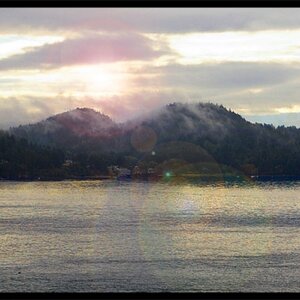
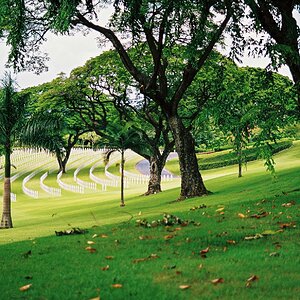
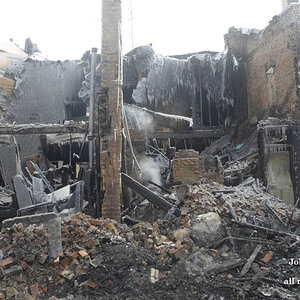
![[No title]](/data/xfmg/thumbnail/37/37604-7ad625e983f92f880eb65a264eeef5e4.jpg?1619738148)
![[No title]](/data/xfmg/thumbnail/35/35948-700e0d840da0ca73727b1bd6d99b4142.jpg?1619737257)
